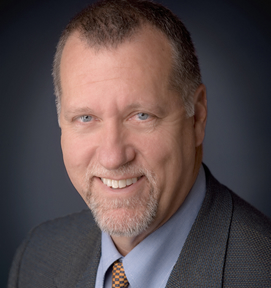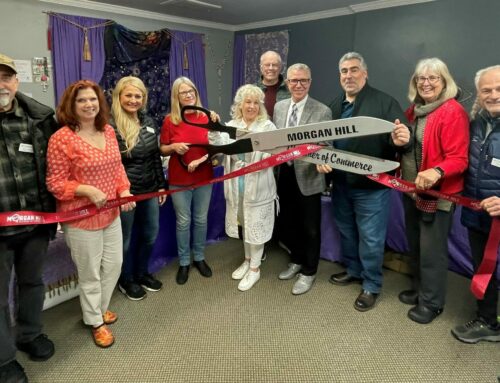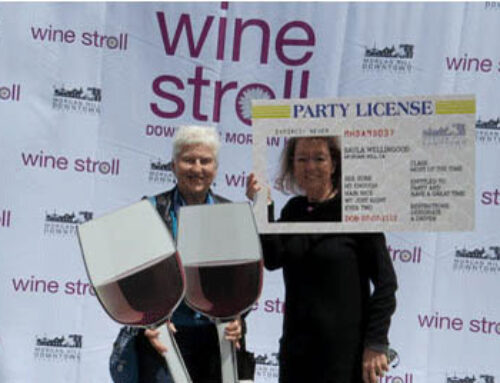Published in the August 30 – September 12, 2017 issue of Morgan Hill Life

James Ward
Medi-Cal is California’s name for Medicaid. It covers a lot of people in different ways, but this column is about basic Medicare combined with Medi-Cal as used for nursing home coverage. People generally have some experience with preparing their taxes, and maybe they have experience with the tragedy of death, but they almost never have experience with preparing to deal with dementia, disability, nursing homes, and Medi-Cal. The majority of families simply aren’t prepared for what they’ll have to do, and in most cases the elder doesn’t have the right legal documents in place for the family to take the proper actions.
The New York Times recently published a story that included an interview with a Medicaid specialist who works at an elder law firm in New England. She said, “People often arrive at the law firm’s office with a Will, Power of Attorney, and Health Care Proxy, and believe that their planning for old age is done. People think mostly in terms of death, but what about when you’re not dead?” People generally aren’t thinking about disability and their need for specialized care as they age.
Medicare covers up to 100 days of care in a skilled nursing home when a person is released from a hospital into a nursing home for rehabilitation. The old standard was that the person had to be “improving” to continue on Medicare in the nursing home. That was known as the “improvement standard,” but a federal court ruling in 2013 said the improvement standard was being inappropriately applied. The new interpretation of the law is that Medicare must cover skilled care and therapy when that level of care is “necessary to maintain the patient’s current condition or prevent or slow further deterioration.”
So why do nursing homes regularly toss out the elders when Medicare would pay for them to stay another month or two? I tell people to look hard at the circumstances and follow the money, but very few people know how the system works. There’s a lot of fraud in Medicare, but let’s just look at physical therapy fraud, which has increased dramatically in recent years.
Medicare’s reimbursement system has changed the incentives. Ultrahigh treatment level for physical therapy is 720 minutes of therapy per week. One large skilled nursing chain claimed that 8.8 percent of the days reached the ultrahigh level in 2002, but by 2013 they were claiming that 68 percent of the days at the ultrahigh level. Wow! Why such an increase? Physical therapists and rehabilitation directors say that managers often pressure the therapists to reach the 720-minute threshold even when it isn’t medically sound, or might even endanger the elder.
My client was in a lot of pain following her surgery, so she refused physical therapy. What the family didn’t understand was that this would result in less profit for the nursing home, so Mom was a less desirable resident. In other words, Mom was promptly scheduled for discharge on the grounds that she refused physical therapy.
The decision for discharge was likely based on lower profitability simply because they couldn’t bill Medicare for any physical therapy.
Unfortunately, the family didn’t call me to tell me what was going on. They weren’t aware of Mom’s rights, so they took Mom back to her board and care facility, and then Mom promptly took a turn for the worse — likely because she wasn’t receiving the level of care that she should have been receiving in the skilled nursing facility.
If a family is equipped with the proper knowledge and proper legal documents, they can extend the elder’s stay on Medicare, and then convert the elder to Medi-Cal coverage for longer stays.






